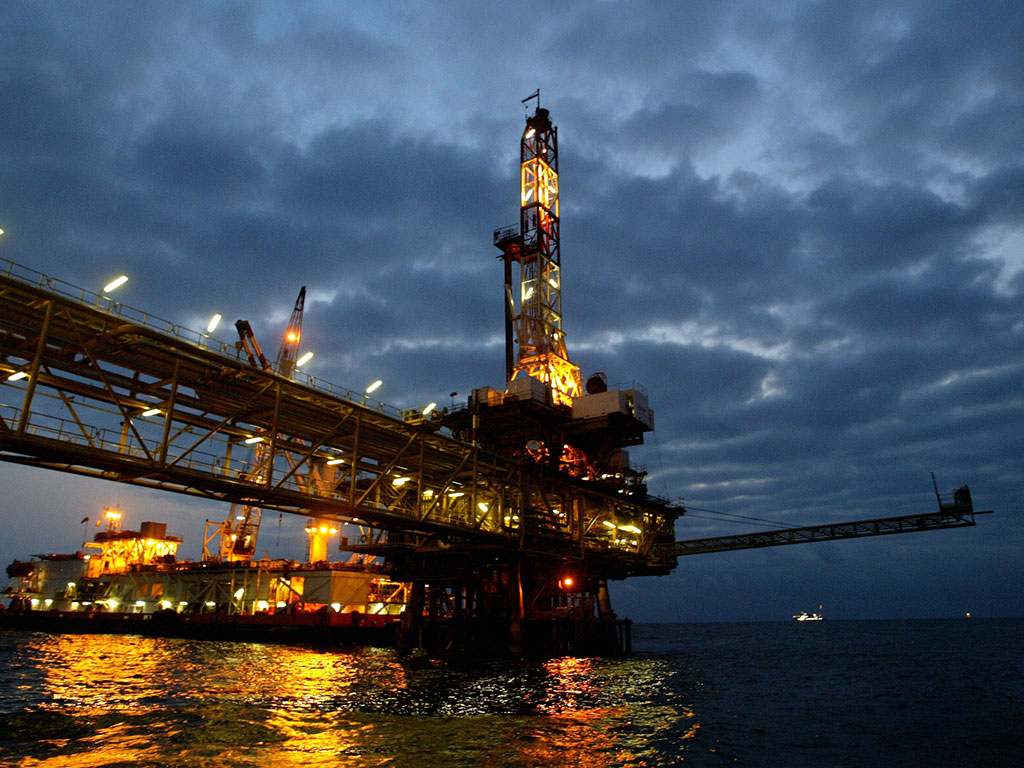OPEC and Russia freeze oil production
After a meeting in Doha, leading OPEC members and Russia agreed to hold oil production at January levels

An Angolan oil rig. Following months of falling prices, leading OPEC members and Russia have agreed to freeze oil production at January levels
After nearly two years of declining prices and an increasing global glut, oil production levels are now set to freeze, after an agreement by four of the world’s biggest producers. Following a long-anticipated meeting, OPEC members Saudi Arabia, Qatar and Venezuela, as well as non-OPEC producer Russia, finally agreed to hold production at January levels.
According to Saudi Oil Minister Ali Al-Naimi: “Freezing now at the January level is adequate for the market.” He went on to say the producers “don’t want significant gyrations in prices, we want to meet demand. We want a stable oil price”.
Production for many producers is already at or near record levels
While the agreed freeze is not the cut that had been hoped for, it does mark a move away from Russia and Saudi Arabia’s previous reluctance to restrict supply. Petromatrix strategist Olivier Jakob told Reuters the agreement is “the first supply management decision taken since November 2014, so even though there will be some [who] will try to discount it and say it’s not a cut, it’s a change. It’s a big change in policy”.
While the freeze means supply will not increase any further, production for many producers is already at or near record levels. Russia produced almost 10.9m barrels per day in January – a post-Soviet high. In the same month, Saudi Arabia produced 10.2m barrels per day. While this is down from the 10.5m Saudi Arabia managed in 2015, it is still high, making it unlikely the Saudis would have increased production much further without the freeze. While supply (along with prices) may now stabilise, it will do so at already high levels.













